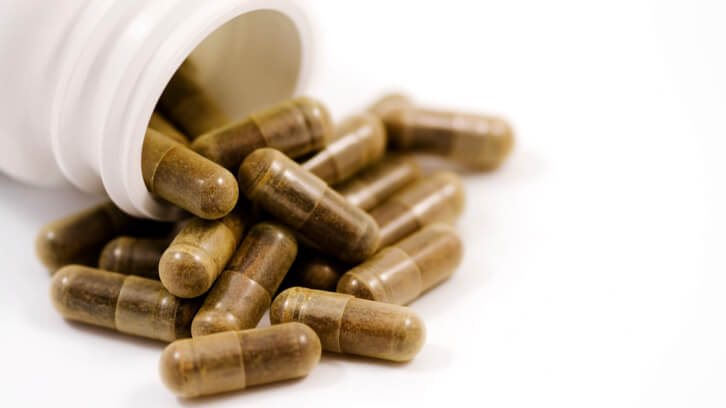Data from published literature and analytical reports suggest that some commercial botanical extracts used in dietary supplements do not contain much or any of the botanical ingredient that’s on the label, Dr. Gafner told NutraIngredients-USA during a video interview.
“In industry, it’s also called fairy dusting, so that means you have a lot of excipient and a little bit of ingredient and sometimes there’s none to be detected,” he said.
It is important to stress that this is not a safety issue as the diluents and excipients being used are safe and legal.
“I want to emphasize that excipients are necessary in most cases for the proper functioning, the proper manufacturing of a capsule or a tablet,” Dr. Gafner said. “So, it’s not about adding excipients. These are perfectly safe. It’s adding excipients to the extent that you don’t have any botanical, or not much to speak of in the product.”
The issue
Writing in HerbalGram number 140, Dr. Gafner, Loïc Loffredo, James Kababick, Stacy Wise and Roy Upton, explained: “Experts in dietary supplement analysis have determined that this occurs mainly because of two schemes used by deceptive suppliers. First, certain suppliers excessively dilute native plant extracts with undeclared amounts of excipients and are ambiguous in disclosing the plant-to-extract ratio.
“Second, whole herbs are extracted to obtain specific fractions or compounds that are considered to be therapeutically beneficial and are provided to select markets. The marc (leftover or spent biomass) may then be re-sold without disclosure that it is pre-extracted material.”
Dr. Gafner told us that the issue has been on the minds of people involved in the ABC-AHP-NCNPR Botanical Adulterants Prevention Program for a while because it’s something that has the potential to give the botanical dietary supplement industry a bad reputation due to consumers not getting the benefits they expect.
“We wanted to document the practices to raise awareness,” he said. “And one particular aspect was we wanted to bring attention to the definition of an extract from a regulatory perspective because that definition is ambiguous, and we hope that definition can be clarified.
“At the end of the day, this is about hopefully changing the practice of some members of industry to give consumers the product they expect.”
Source: HerbalGram
Issue: 140, Page: 44-51
“The Undisclosed Presence of Excipients and Diluents in Botanical Extracts”
Authors: Stefan Gafner et al.
